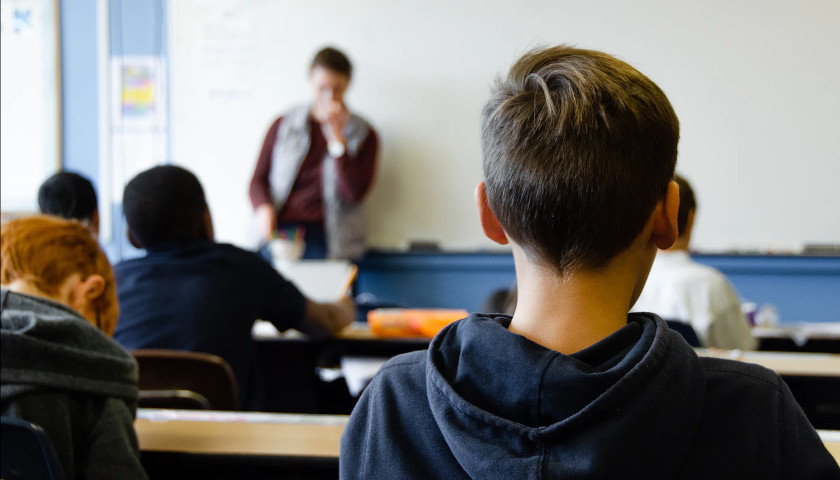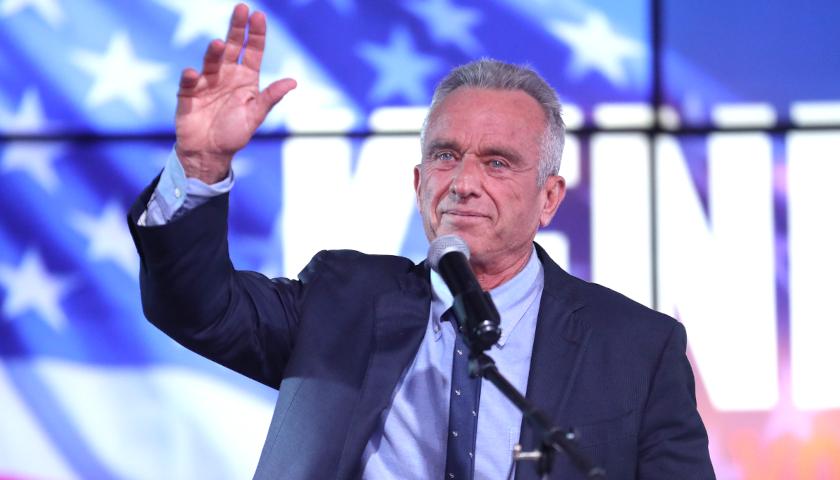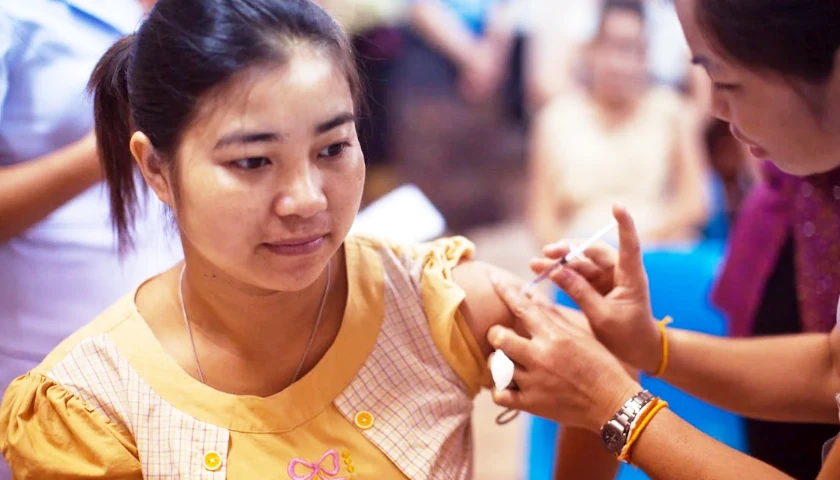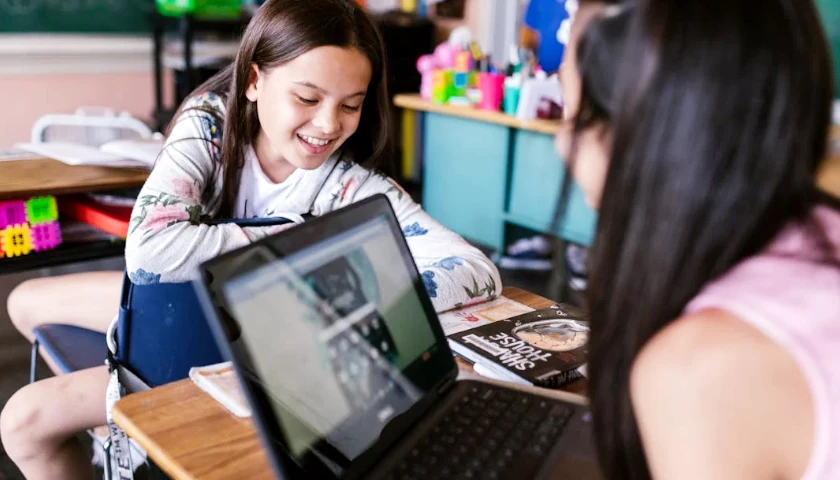by Kerry McDonald
When schools reopen in the US amidst the ongoing COVID-19 pandemic, they will be even more restrictive than they already were. Schools have long controlled students’ movements and imposed constraints on where they can go, when, and with whom. With virus concerns, those controls will increase in quantity and intensity.
NPR recently proclaimed that “disruption from the pandemic constitutes an ‘adverse childhood experience’ for every American child.” While many children are sad to be away from their friends and activities, being home with their family members for a prolonged period of time is hardly an “adverse childhood experience” for most American children. Returning to schools with extreme virus control and social distancing measures, however, could very well be traumatic for many kids.
The US Centers for Disease Control and Prevention (CDC) issued its recommendations for school reopening, including encouraging daily temperature checks and/or symptom checking, face coverings for all staff and children over two, desks spaced six feet apart, staggered schedules, no cafeteria or playground use, installed partitions and physical barriers, no field trips, no toy sharing, and restrictions on outside visitors, including parents.
As images emerge from countries around the world that have reopened schools, US parents are getting a glimpse of what extreme social distancing measures could look like here, including the latest from Chinese schools in which social distancing “wings” are strapped onto children’s backs to ensure that they stay far apart from each other. It’s no wonder that a new RealClear opinion poll found that 40 percent of parents intend to choose homeschooling or virtual schooling for their children when the lockdowns end. And many European parents are refusing to send their children back to school.
These strict social distancing efforts at schools arise as more evidence suggests that children are largely spared from the dangers of COVID-19 infection. Even as concerns have risen recently over a Kawasaki-like inflammatory disease related to COVID-19 that has impacted some children, the risk appears miniscule. According to The Wall Street Journal:
A study in the journal Lancet last week reported 10 children with the inflammatory syndrome in Bergamo, Italy—the city with the highest rate of fatalities and infections—about 30 times higher than the normal incidence. Most were older and suffered more severe cardiac symptoms than those typically found with Kawasaki. But the authors also estimated that probably no more than 0.1% of children who had been exposed to the virus were affected. All hospitalized patients had been discharged, and the authors recommend treating patients with steroids to calm their immune system.
The Journal article goes on to state:
During these times parents and doctors need to be especially vigilant. But as a society we also need to keep in mind that the risks to children from the coronavirus are small, especially relative to others. The Foundation for Research on Equal Opportunity projects that children under 15 are 6.83 to 20.07 times more likely to die of the flu or pneumonia than coronavirus—assuming 150,000 COVID-19 fatalities in the U.S. this year—and 128 times more likely to die of an accident.
We should care deeply about children’s health and safety, but like much about this pandemic, it’s important to make sure that the response isn’t more damaging than the virus itself. Many parents and educators are rightfully concerned about children’s mental health during these lockdowns, but when lockdowns end and schools reopen, children’s mental health could be worsened with extreme social distancing measures that remove any of the potentially enjoyable pieces of schooling, such as playground time, extracurriculars, and gathering with friends.
Stripped of these accessories that can often compensate for the more oppressive parts of conventional schooling, it’s not surprising that some parents and students would choose to continue with homeschooling or virtual learning until the pandemic ends.
– – –
Kerry McDonald is a Senior Education Fellow at FEE and author of Unschooled: Raising Curious, Well-Educated Children Outside the Conventional Classroom (Chicago Review Press, 2019). She is also an adjunct scholar at The Cato Institute and a regular Forbes contributor. Kerry has a B.A. in economics from Bowdoin College and an M.Ed. in education policy from Harvard University. She lives in Cambridge, Massachusetts with her husband and four children. You can sign up for her weekly newsletter on parenting and education here.






These people are totally clueless. They are going to run headlong into Libertarians, Parents with two jobs and no baby sitters, rowdy kids, ultraconservative religious groups, etc. They don’t have any of those in Red China (where kids forced to wear wings here would turn it into a Buzz Lightyear game). Kids will turn “masks” into sling shots. How do these people generate any cred, talking like that is taking care of business?